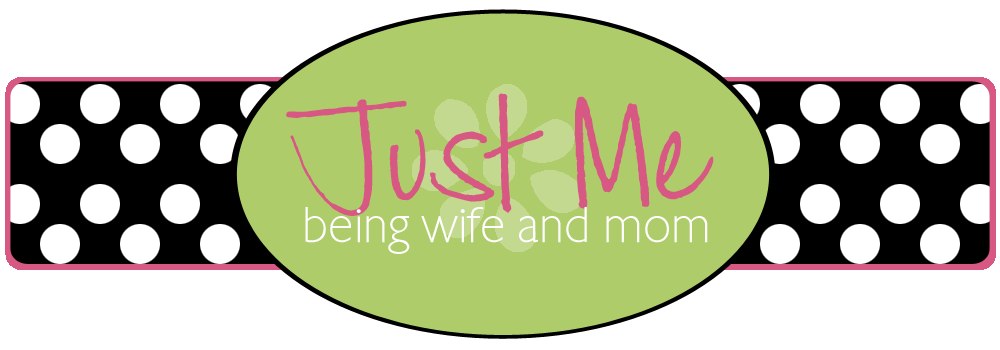My 5 year old has always had something going on with her nose- She couldn't blow her nose up until about a year ago and (like her daddy) sometimes when she does it brings on the bleeding. She also stuck a gold fish cracker up her nose when she was little. It took us filling a nose bulb up with water to shoot in the other nostril to (drown her) flush it out.
A few weeks ago she came out of her bed with her nose "gushing blood" (those are the terms she uses). It took forever to get it to stop and once it did the other nostril started bleeding just as bad. I was frustrated and at a loss of what to do for her. Her daddy usually takes care of these situations- because she inherited it from him- but this time I decided to do some research and figure out what we could do for her nose before resorting to cauterizing.
Here are some things that I learned and have been using to much success for us,
- Apply pressure to the bridge of the nose as follows:
- Sit your child upright
- Tilt her head forward (not backward)
- Place your thumb and forefinger on either side of the bridge of the nose and apply pressure firmly enough to slow bleeding. This will decrease the blood flow and slow bleeding. Hold for about 10 minutes giving time for a clot to form.
- Placing an ice pack across the bridge of the nose will constrict the blood vessels and help stop the bleeding.
- Try wetting a bit of cotton or plain sterile gauze with distilled vinegar and placing it in your child's nose. Leave it in place for about 10 minutes. The acid of the vinegar will gently cauterize the inside of the nose and stop the bleeding.
Vitamin C with bioflavanoids 1-2 doses, four times daily, for two days after a nosebleed. Then one-half a dose , twice a day, for at least one month.
Also a simple nasal saline that will keep the nose moist and lessen the chance of the small capillaries swelling and rupturing. Dissolve 1/4 tsp. of salt 1/2 tsp. of baking soda in 4 ounces of water. Spray in with a nose bulb or drop a few drops in. Do not suction out- you are wanting this to soothe and moisten the nose to prevent bleeding.
My book
Please note that I am not a doctor- these are things I have personally tried on my child and have had good results with. If your child has a severe nosebleed consider contacting your doctor.

No comments:
Post a Comment